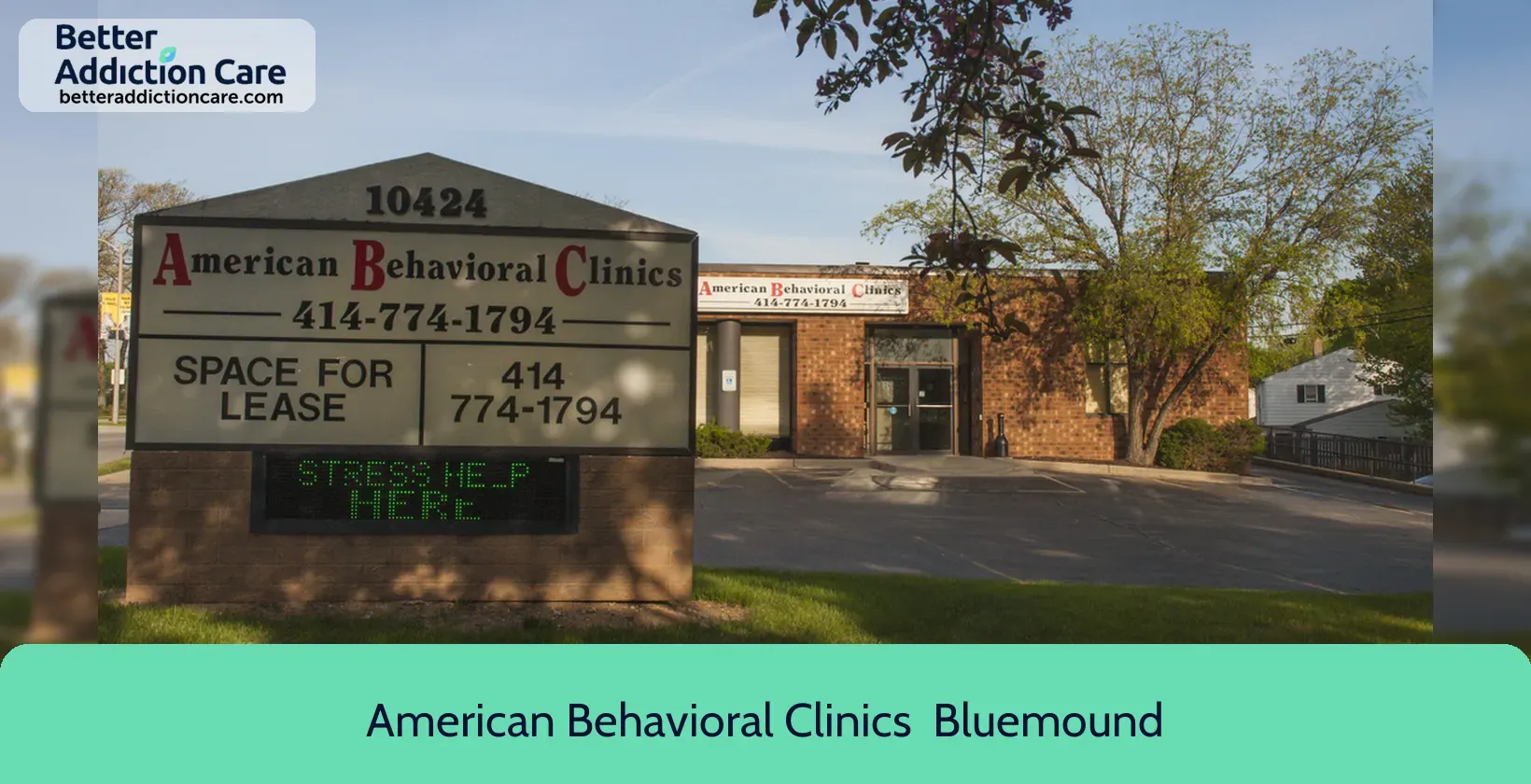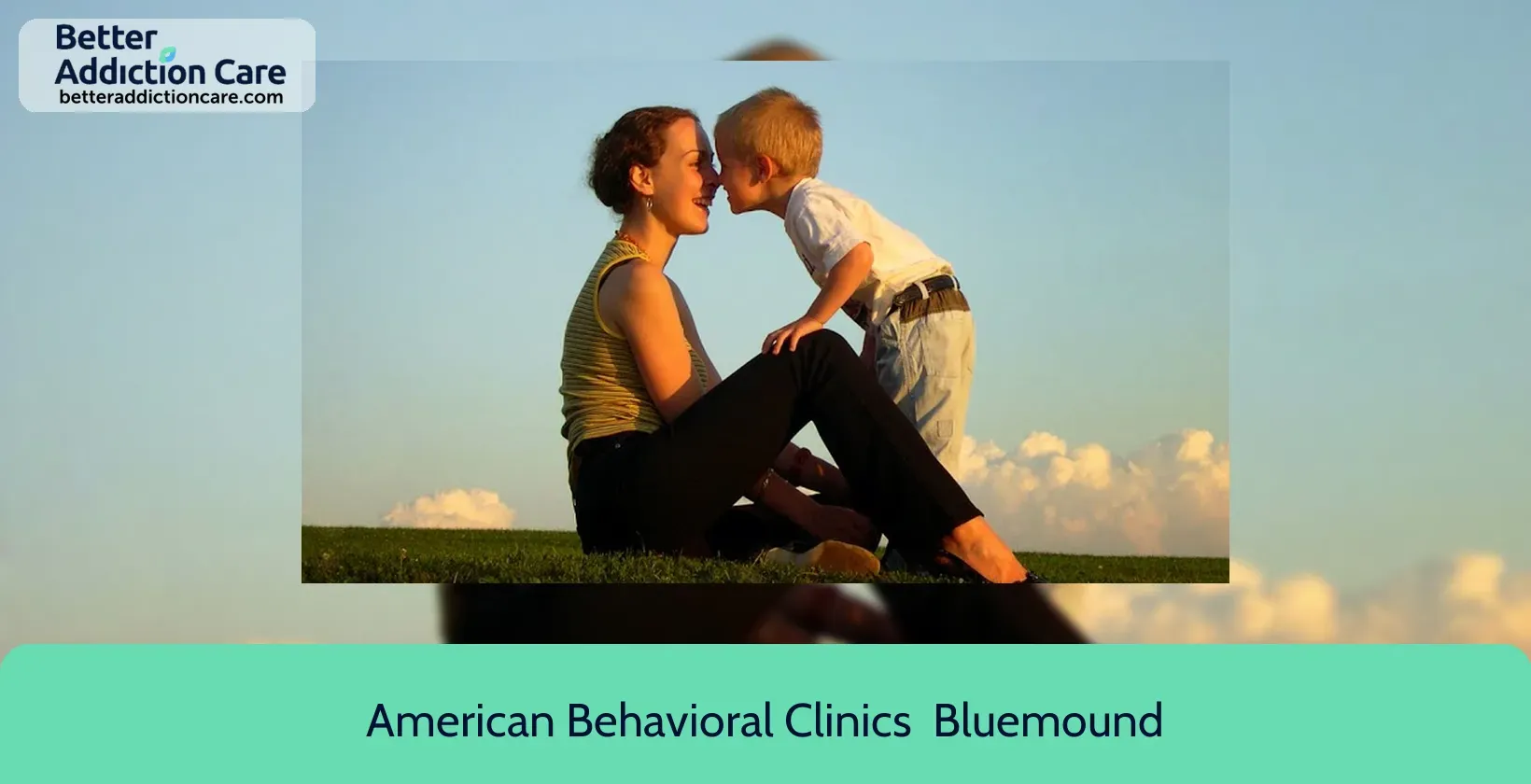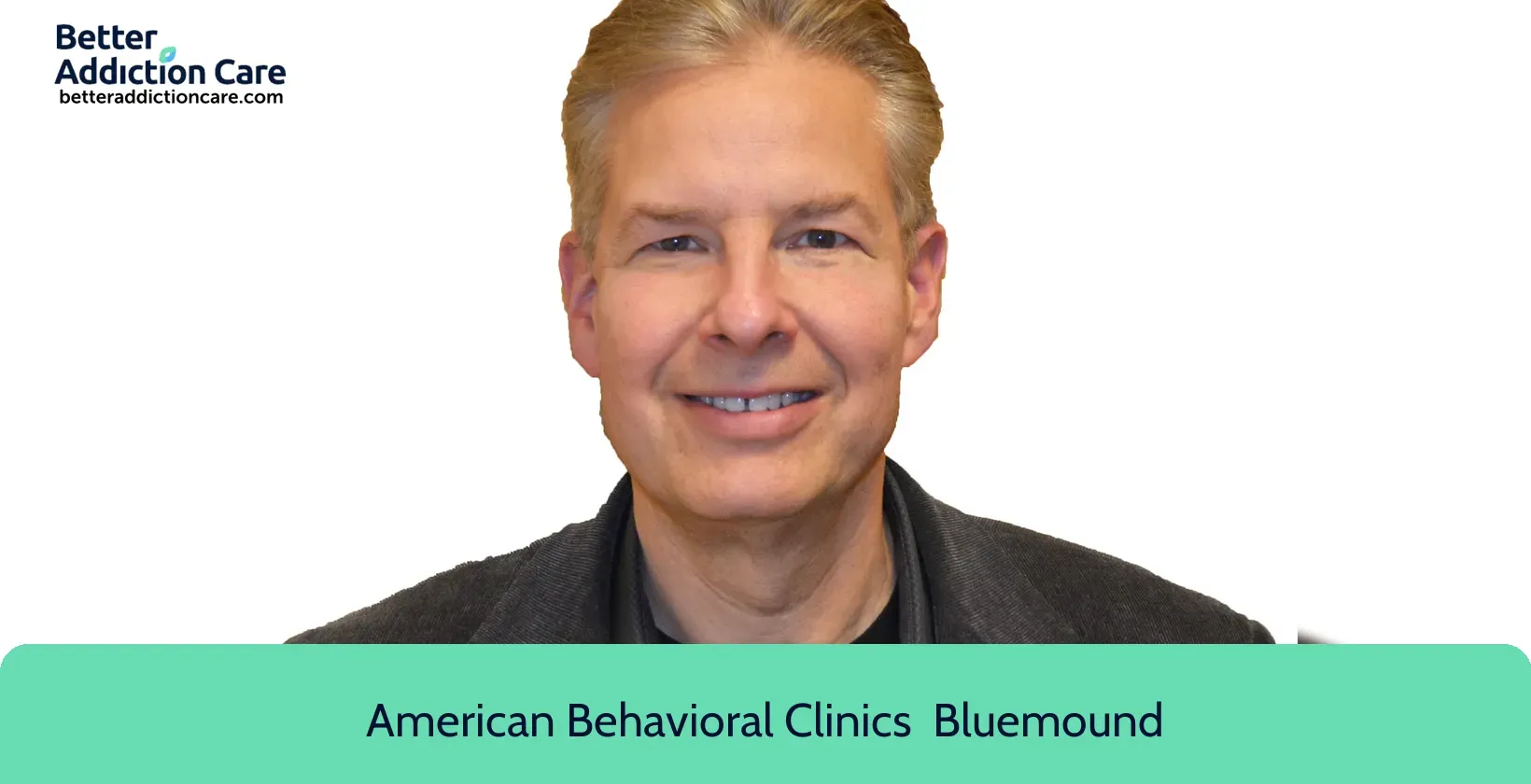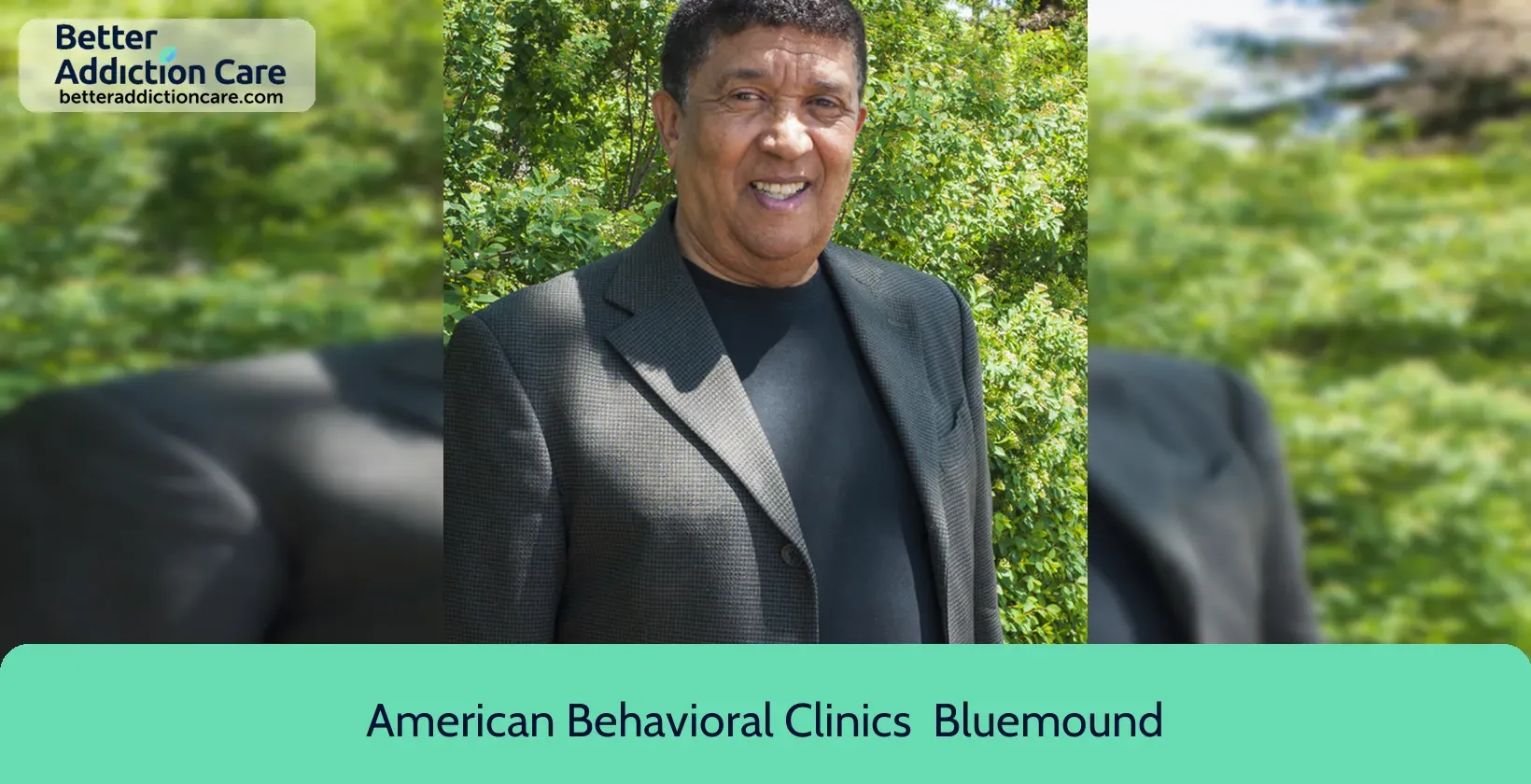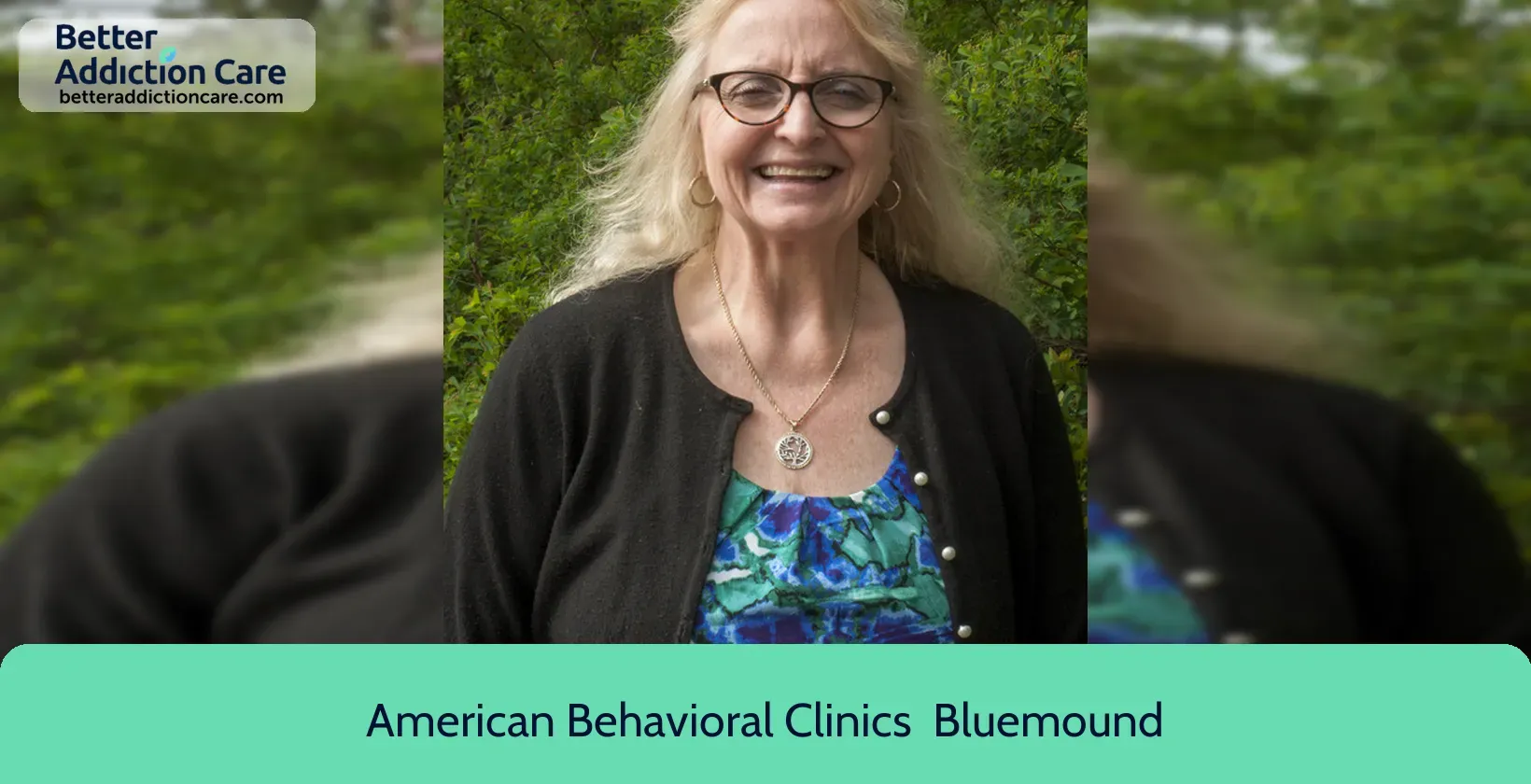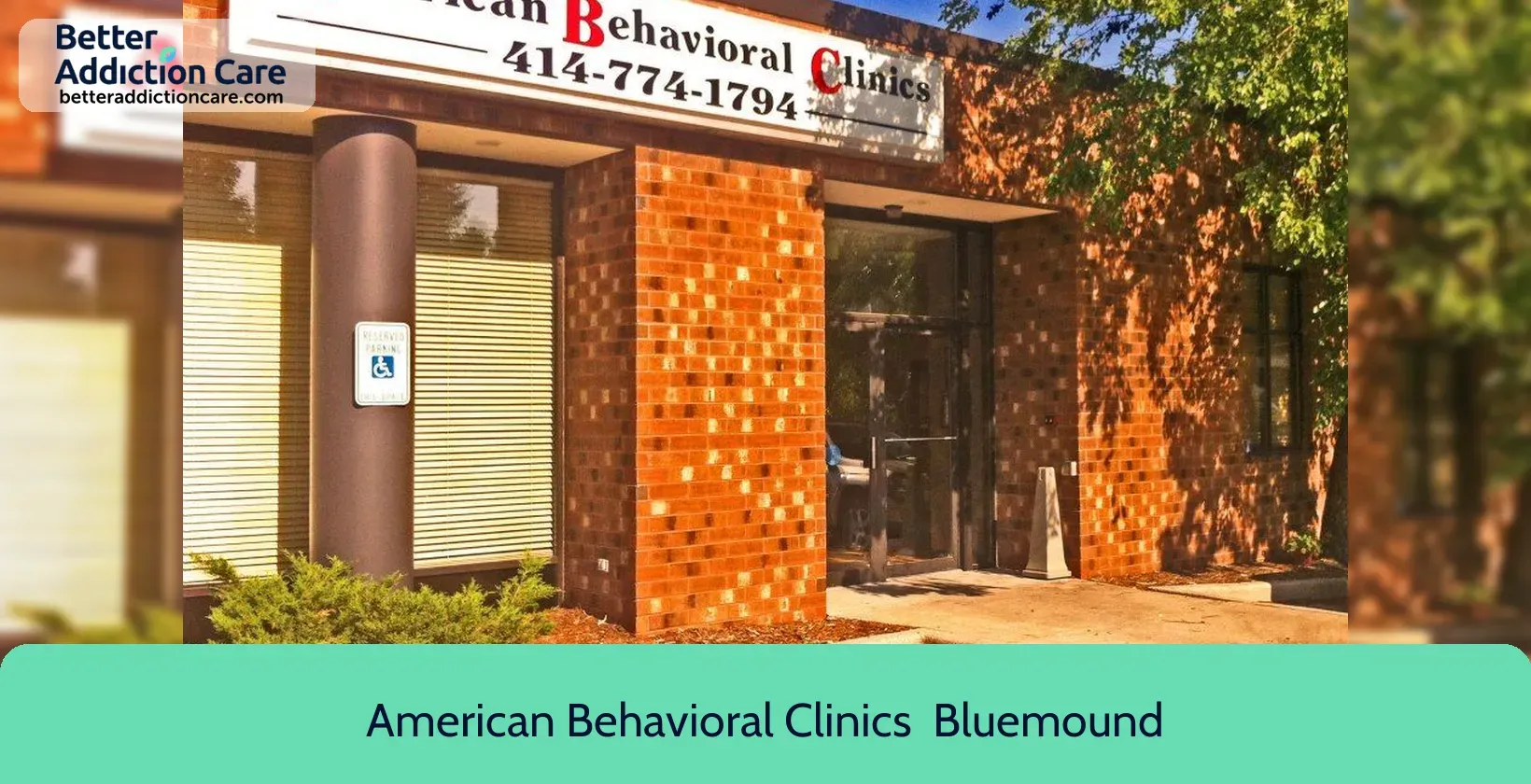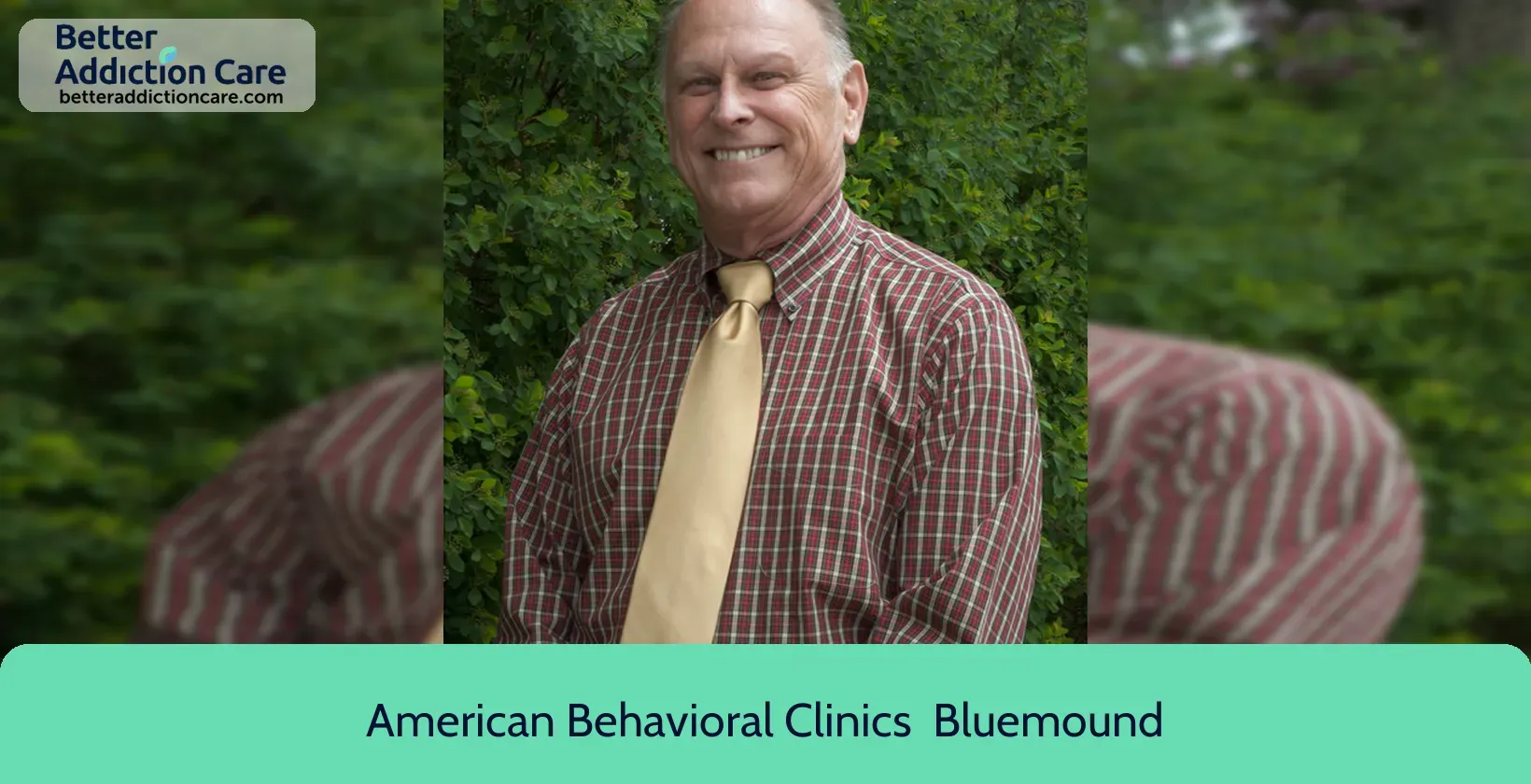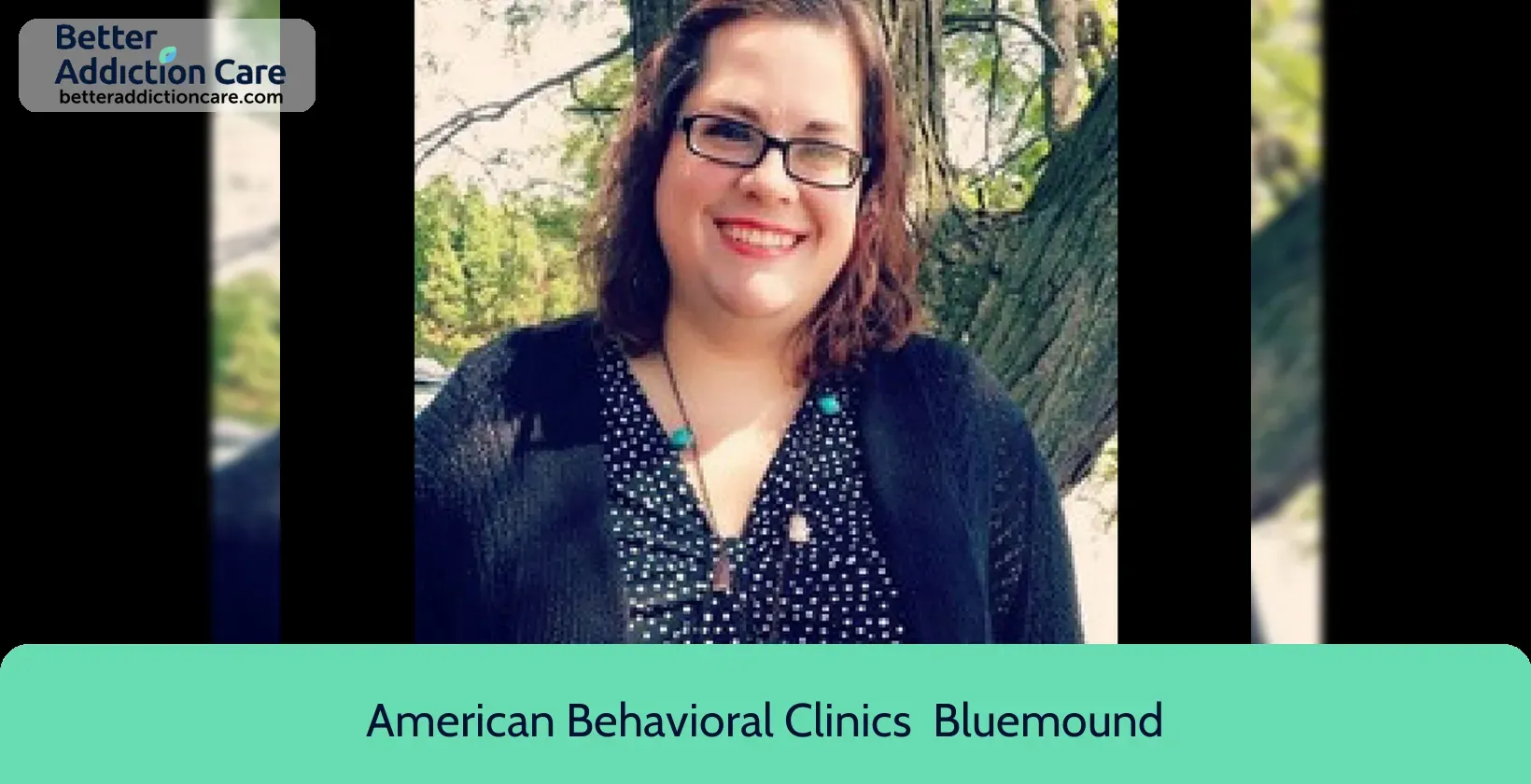American Behavioral Clinics - Bluemound Clinic
Overview
American Behavioral Clinics - Bluemound Clinic is an accredited mental health treatment center that provides outpatient detoxification, for men and women from 18+ years of age. As part of their special programs, American Behavioral Clinics - Bluemound Clinic treats clients who have experienced trauma, clients with co-occurring mental and substance use disorders, and veterans. To help patients achieve sobriety, American Behavioral Clinics - Bluemound Clinic provides treats alcohol detoxification, benzodiazepines detoxification, and cocaine detoxification.. Afterward, patients receive family counseling, individual psychotherapy, and group counseling during treatment. American Behavioral Clinics - Bluemound Clinic is located in Milwaukee, Wisconsin, providing treatment for people in Milwaukee County, accepting medicaid, private health insurance, and cash or self-payment.
American Behavioral Clinics - Bluemound Clinic at a Glance
Payment Options
- Medicaid
- Private health insurance
- Cash or self-payment
- State-financed health insurance plan other than Medicaid
- U.S. Department of VA funds
Assessments
- Comprehensive mental health assessment
- Comprehensive substance use assessment
- Interim services for clients
- Screening for mental disorders
- Screening for substance use
Age Groups
- Adults
- Children/adolescents
- Young adults
- Seniors or older adults
- Adolescents
Ancillary Services
- Intensive case management
- Case management service
- Court-ordered outpatient treatment
- Diet and exercise counseling
- Family psychoeducation
Highlights About American Behavioral Clinics - Bluemound Clinic
7.60/10
With an overall rating of 7.60/10, this facility has following balanced range of services. Alcohol Rehabilitation: 8.73/10, Drug Rehab and Detox: 7.23/10, Insurance and Payments: 6.00/10, Treatment Options: 8.42/10.-
Alcohol Rehabilitation 8.73
-
Treatment Options 8.42
-
Drug Rehab and Detox 7.23
-
Insurance and Payments 6.00
Accreditations
State department of health:

State Licenses, issued by government agencies, authorize rehabilitation organizations to legally operate within designated geographical areas. The specific licenses required for operation are typically determined by both the nature of the rehabilitation program provided by the facility and its physical location.
Treatment At American Behavioral Clinics - Bluemound Clinic
Treatment Conditions
- Mental health treatment
- Substance use treatment
- Co-occurring Disorders
- Alcoholism
Care Levels
- Outpatient
- Outpatient detoxification
- Regular outpatient treatment
- Aftercare
Treatment Modalities
- Family counseling
- Individual psychotherapy
- Group counseling
- Experiential Therapy
- Marital/couples counseling
Ancillary Services
Languages
- Spanish
Additional Services
- Pharmacotherapies administered during treatment
- Mentoring/peer support
- Breathalyzer or blood alcohol testing
Special Programs
- Clients who have experienced trauma
- Clients with co-occurring mental and substance use disorders
- Veterans
- Active duty military
- Members of military families
Contact Information
Read our Most Recent Article About Drug Addiction
DISCLAIMER: The facility name, logo and brand are the property and registered trademarks of American Behavioral Clinics - Bluemound Clinic, and are being used for identification and informational purposes only. Use of these names, logos and brands shall not imply endorsement. BetterAddictionCare.com is not affiliated with or sponsored by American Behavioral Clinics - Bluemound Clinic.
